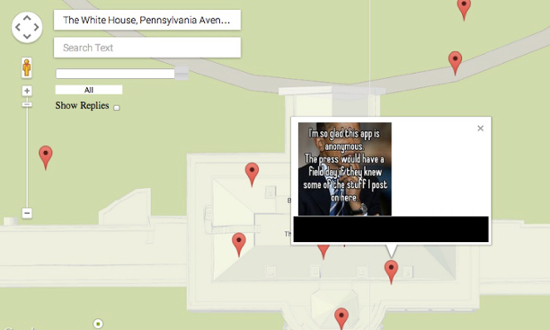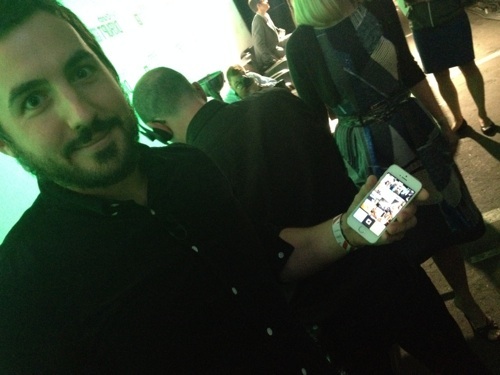
I hate expense reports. I do them once a year and I still hate it. Back when I had to do them monthly or have the finance department all over me I hated them twelve times as much.
Abacus fixes all that. The company was founded by Omar Qari, Ted Power and Josh Halickman (Foursquare, Google, Etsy Venmo and other experience) and they launched earlier this year at Winter Y Combinator. You can read their launch post here.
How does Abacus fix expense reports? When a company starts using Abacus, they link their bank account. Employees set themselves up in the app and also link their bank account. Employees then submit expenses via taking pictures of the receipts, uploading PDFs or forwarding emails. Managers approve, right away if they want, and the money is reimbursed to the employee the next day. Once the money clears, Abacus automatically syncs transaction information with the company’s accounting software.
No more filling out reports. Abacus does that for the company automatically. That’s most of the pain gone right there. And you get reimbursed immediately – meaning you don’t float the company for 30-60 days while your create your report and it goes through the system.
That’s the way expenses are supposed to be. And that’s why more than 150 companies are already using Abacus, including Pinterest, Foursquare, Coinbase and Betterment. Other very large companies are using Abacus but haven’t yet agreed to be announced publicly.
Companies love Abacus because employees love Abacus. And investors therefore love Abacus, too. The company has raised a $3.5 million seed round led by Bessemer Venture Partners and General Catalyst, with participation from Bloodstone, CrunchFund, FundersClub, Google Ventures, Homebrew, Sherpalo, Patrick and John Collison of Stripe, Josh Reeves of ZenPayroll, Jeff Epstein, former CFO of Oracle and DoubleClick, Naval Ravikant of AngelList, Andrew Kortina and Iqram MagdonIsmail of Venmo, Adam Erlebacher of Simple, Nas and Paul Buchheit of Y Combinator.
Oh, and if you’re wondering why I’m writing this here on Uncrunched when you don’t see this news anywhere else, here’s why. The company had a bunch of press lined up to write about this yesterday but someone (who only publishes a private subscription service) accidentally broke the embargo and then absolutely no one wrote after that. So I am. This company is amazing, we’re proud investors and more people need to hear about it.
And I’ll be sending Omar a copy of Jason Kincaid’s new PR book. I’m not sure he could have foreseen this disaster, but reading Jason’s book will at least give him the comfort of knowing lots of other people have gotten screwed from tech blog politics, too.





